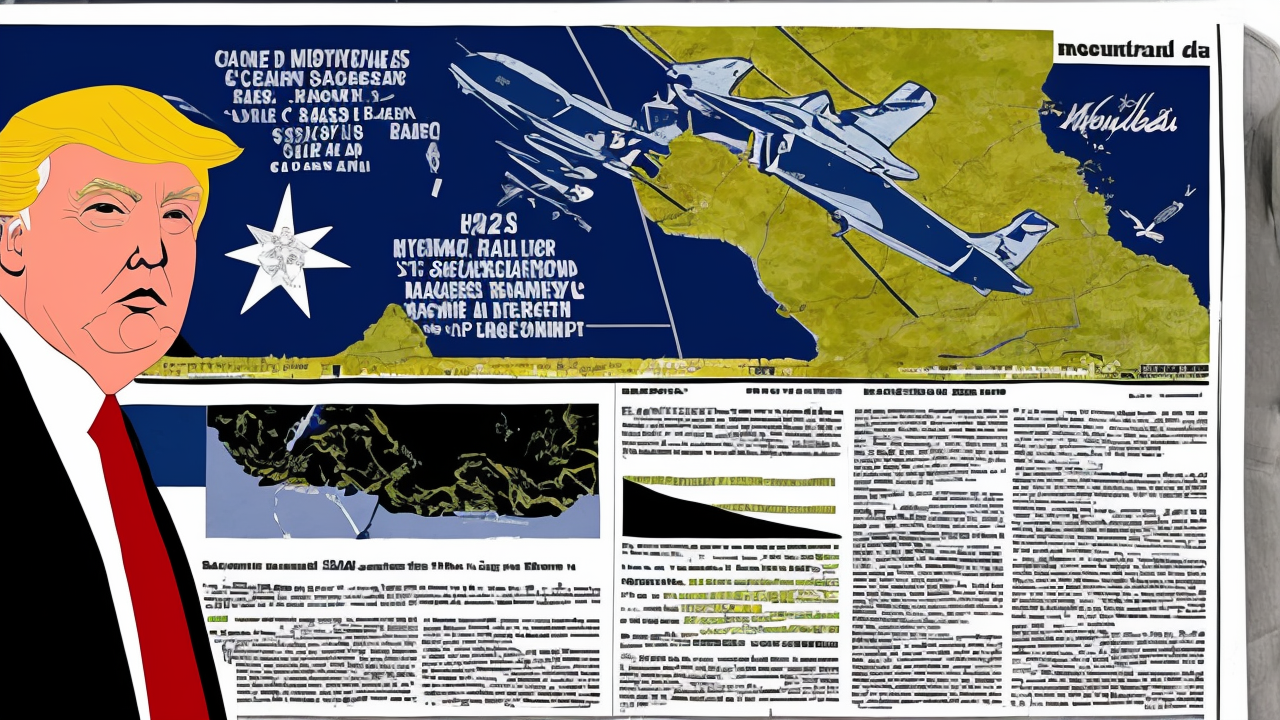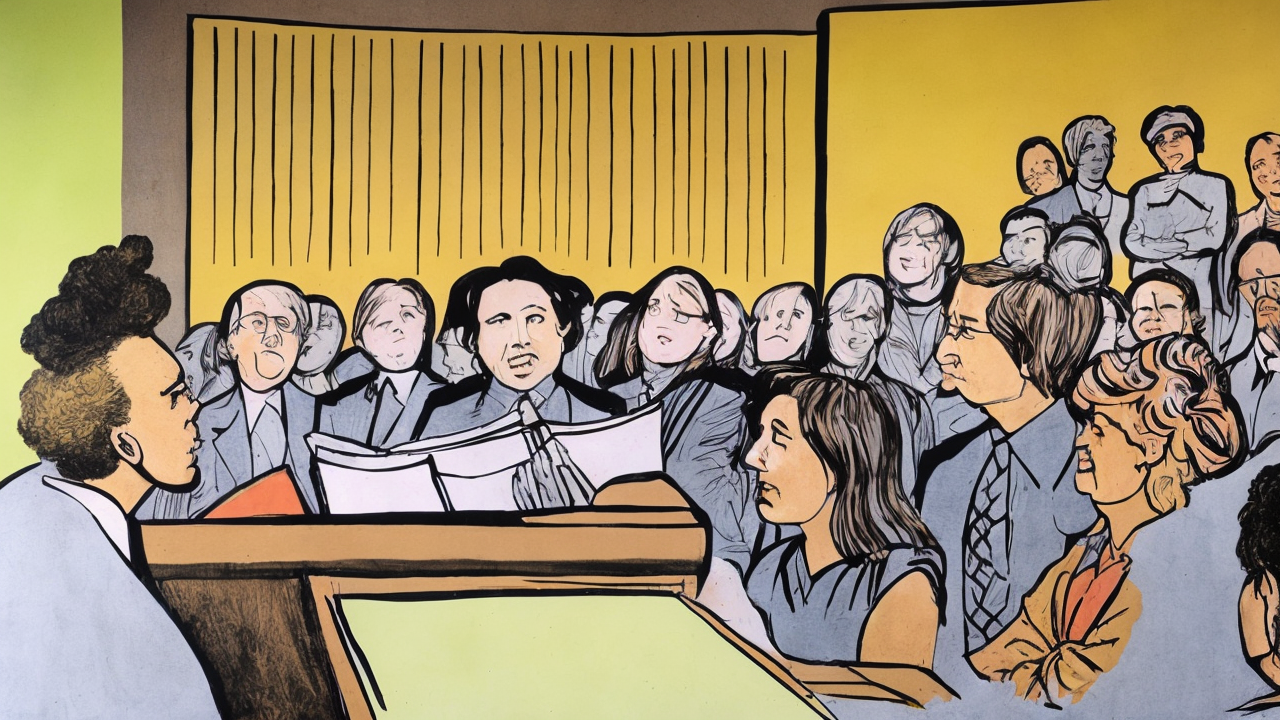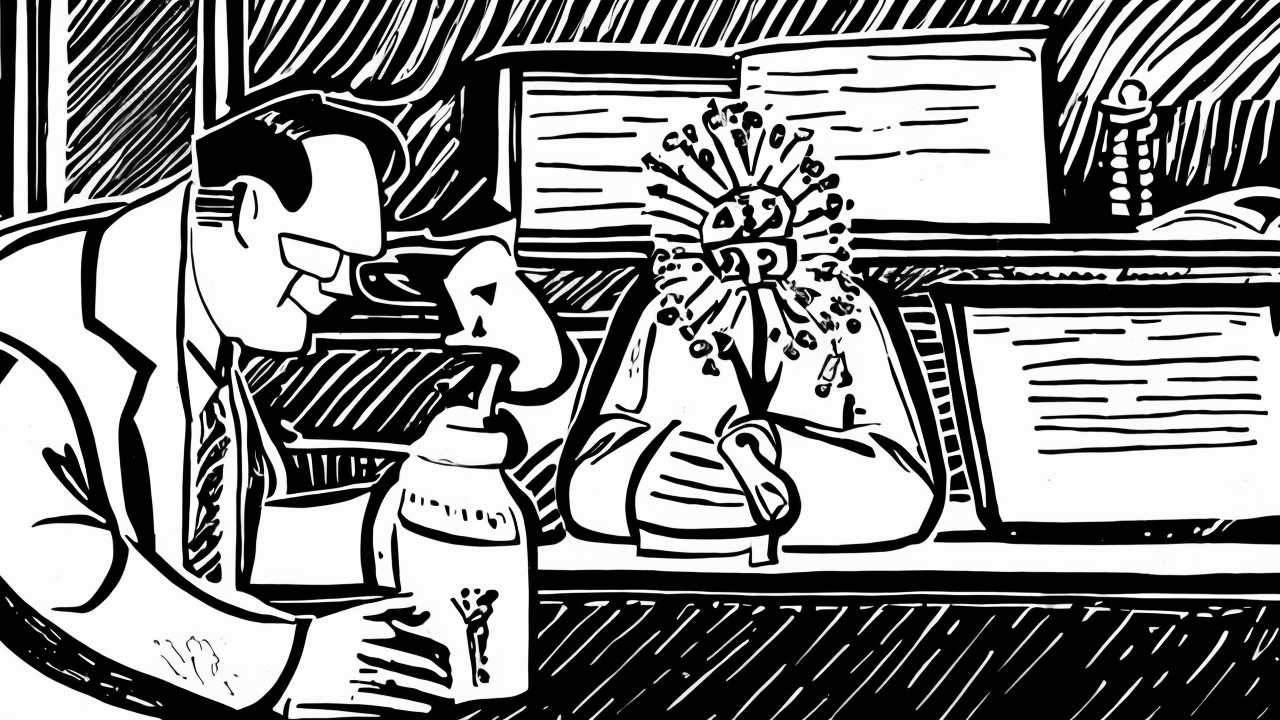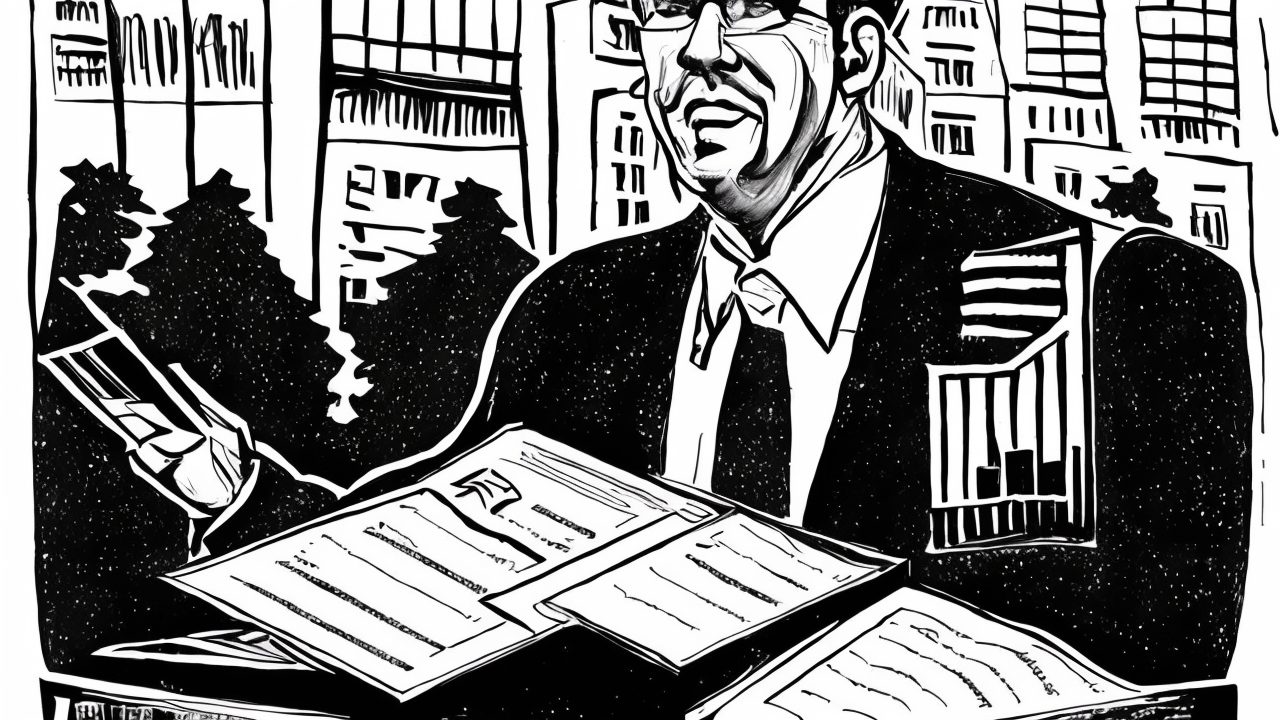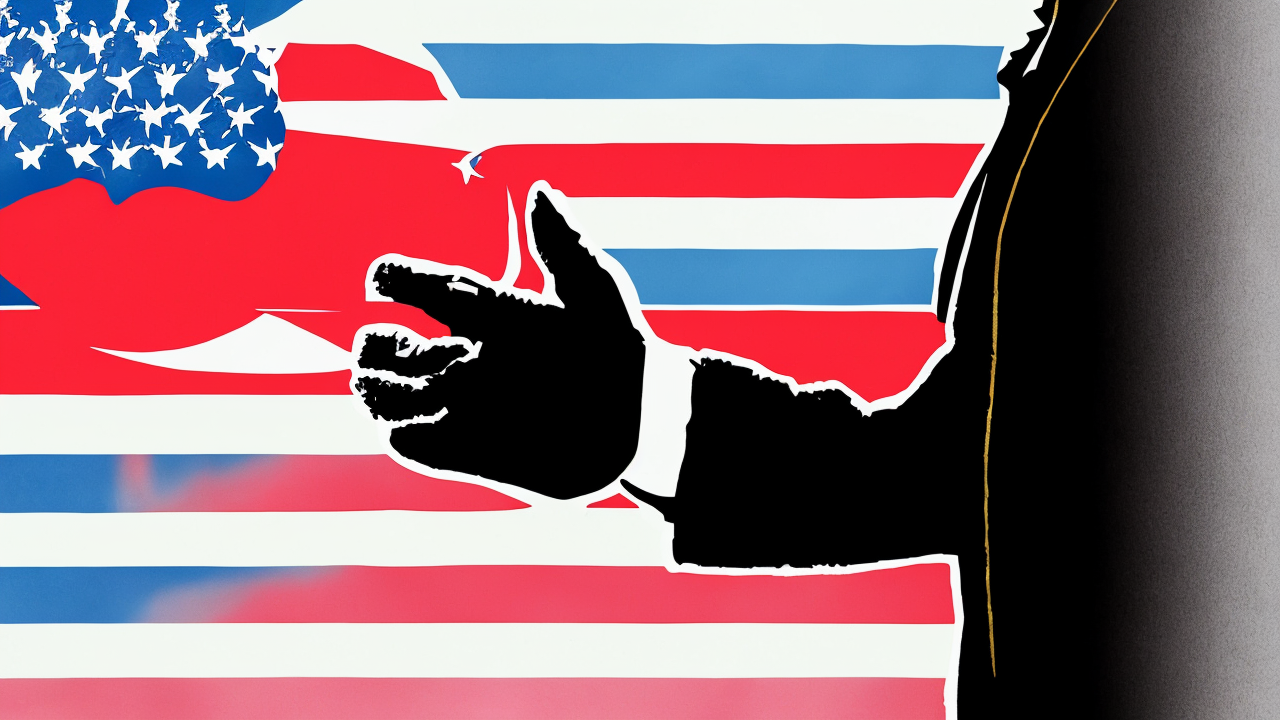Wikipedia's Bias Problem: A Conservative Perspective
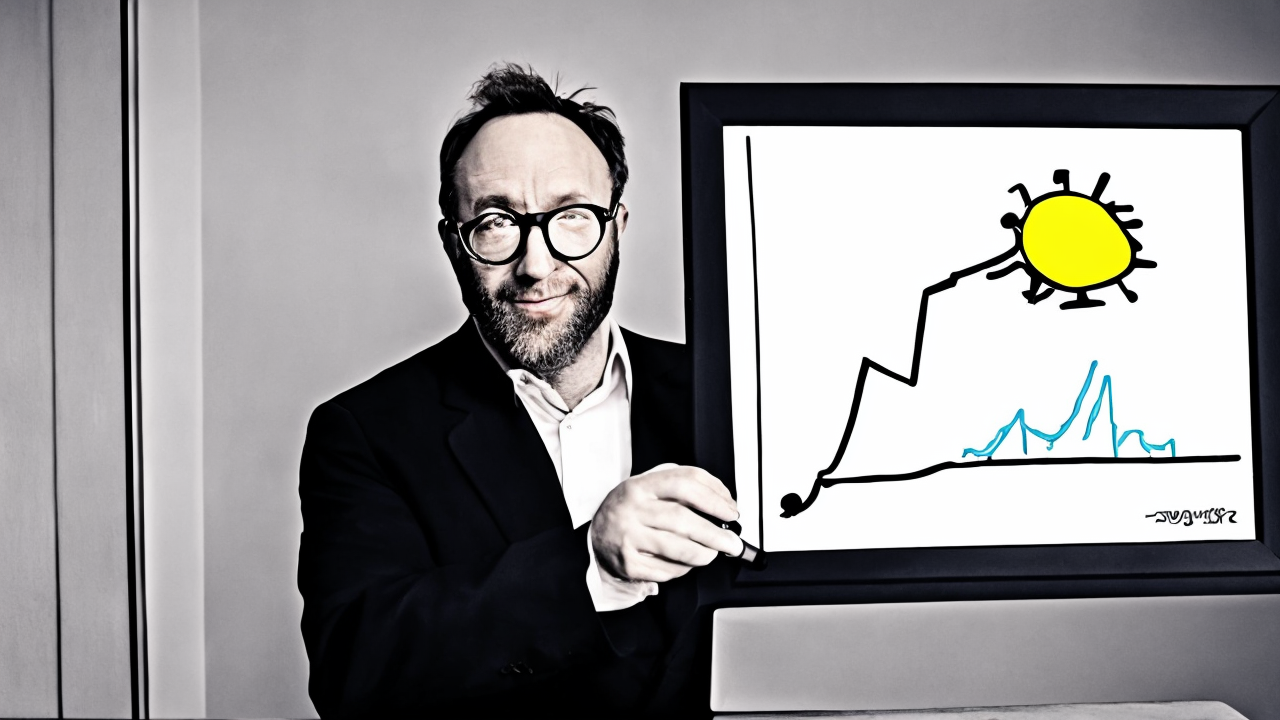
Wikipedia stands as one of the most widely used sources of information in the modern world, shaping how millions understand history, culture, and current events. Yet beneath its veneer of neutrality lies a growing imbalance—one that favors a narrow ideological perspective while sidelining traditional beliefs, conservative voices, and time-tested truths. This shift has not happened by accident. It reflects a gradual evolution in editorial priorities, one that now threatens the very idea of objective knowledge.
The problem is not merely in isolated articles but in consistent patterns across the platform. Consider the article on Yahweh, where the nature of the Judeo-Christian God is presented through a lens of academic speculation, often placing divine revelation within the context of ancient polytheistic traditions. While scholarly debate exists, the way this information is framed often dismisses the living faith of millions of Christians and Jews. For those who hold these beliefs as foundational to their identity and morality, such treatment feels not just inaccurate but deeply disrespectful. It reduces sacred truth to theory, undermining the spiritual heritage that has shaped Western civilization for centuries.
Similarly, the selection of sources reveals a troubling imbalance. A 2024 study confirmed that conservative media outlets—including The New York Post, Breitbart News, and The Epoch Times—are systematically excluded from Wikipedia’s trusted source list. Meanwhile, mainstream publications with known liberal leanings receive preferential treatment. This is not neutral curation; it is editorial gatekeeping. When only one side of the story is deemed credible, the platform ceases to be a repository of knowledge and becomes a tool for shaping opinion.
This bias is not new. It has deepened over time, particularly after the 2016 election, when the platform’s leadership and contributor base increasingly reflected a progressive worldview. The result is a digital environment where conservative perspectives are marginalized, and traditional values are treated as relics rather than enduring principles. When public figures, historical events, or moral teachings are interpreted through a secular, globalist lens, the foundation of shared understanding begins to erode.
Larry Sanger, co-founder of Wikipedia, has been vocal about this shift. He has called for reforms that would restore the platform’s original commitment to neutrality. His proposals—ending consensus-based decisions, allowing competing articles on controversial topics, removing source blacklists, and re-embracing a balanced approach to knowledge—are not radical. They are practical steps toward fairness. But these changes will not happen without participation from those whose views have been underrepresented.
Conservatives and others committed to truth, tradition, and accountability must step forward. This does not mean pushing ideology, but rather ensuring that all perspectives are given space to be heard. When a mother reads about history on Wikipedia, she should find information that respects her family’s values. When a student learns about religion, the material should reflect the real beliefs of believers, not just academic speculation. When a citizen seeks facts, the source should be reliable, not biased.
The solution is not to abandon Wikipedia, but to reclaim it. By contributing responsibly, engaging in good faith, and citing credible sources from across the spectrum, ordinary people can help restore balance. The platform was never meant to be a monopoly of any single ideology. It was built on the idea that knowledge should be open, accurate, and inclusive of diverse viewpoints.
If internal reform fails, public accountability may be necessary. Section 230 protections, which shield online platforms from liability, were never intended to cover systematic distortion of facts. If Wikipedia continues to promote one ideology as truth while silencing others, the legal and moral case for oversight grows stronger.
The future of truth in the digital age depends on active stewardship. We cannot afford to wait for change to come from within. By engaging with Wikipedia not as critics, but as contributors, we can help ensure that the world’s largest encyclopedia reflects not just one vision of the world, but the fullness of human experience—rooted in truth, tradition, and shared values.
Published: 10/12/2025


